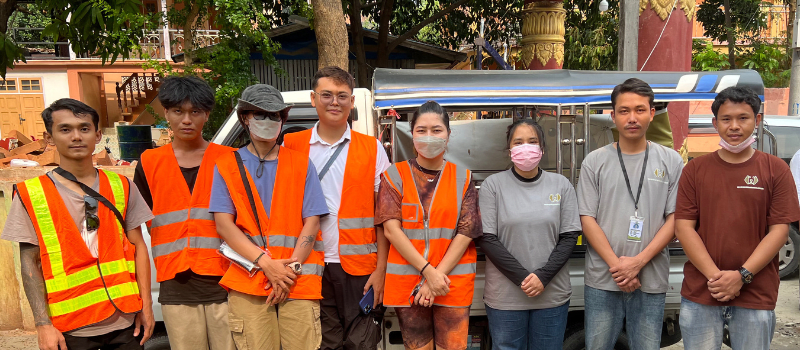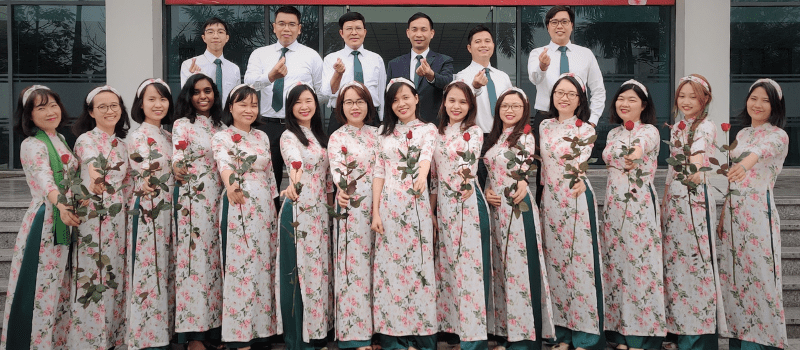This blog shares firsthand accounts from VWB’s coordinated earthquake response in Myanmar, highlighting how our local partners are delivering urgent care to both people and animals. Through personal stories and field updates, it offers a glimpse into the challenges facing communities in crisis—and the strength of a locally led, One Health response.
“We didn’t have time to think—only to act.”
That’s how Dr. Amy Shroff, a veterinarian with Let’s Save the Strays International (LSTSI), described the first 48 hours after a powerful 7.7-magnitude earthquake struck central Myanmar. Buildings had crumbled, families were missing, and animals wandered injured and panicked through streets choked with debris. Amid the chaos, her small team opened their clinic doors—seven days a week—and began distributing food, offering wound care, and vaccinating every dog and cat they could reach.
At the same time, across town, staff from Sopyay Myanmar Development Organization (SMDO) were scrambling to assess the scale of destruction in Mandalay and Nyaungshwe. They documented flattened homes and makeshift shelters and began distributing food and personal essentials to hundreds of displaced women. Supplies were scarce, electricity was unreliable, and internet access was intermittent. But what they did have was a shared sense that something had to be done.
This is how Veterinarians Without Borders’ (VWB’s) coordinated One Health response began in Myanmar: with two local partners working urgently on parallel fronts—one for people, one for animals—both responding to a crisis that did not discriminate.
Two Fronts, One Response
When the earthquake struck on March 28, 2025, it wasn’t just homes and clinics that collapsed—it was entire systems of care. For families already living on the margins, the quake stripped away what little stability remained. Mothers were left sleeping under tarps with young children, fields and grain stores were lost, and access to clean water vanished overnight.
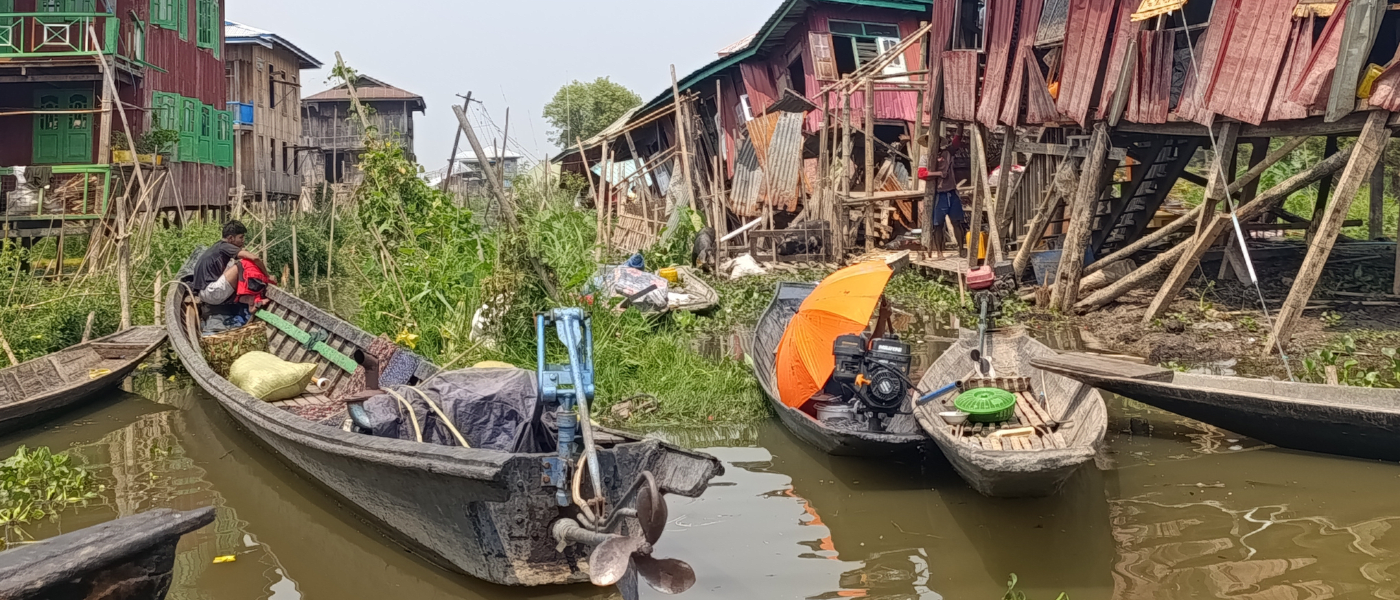 PHOTO: Taken within 48 hours of the quake, this SMDO assessment image shows widespread damage to infrastructure, homes and livestock shelters in Aing Htaunt Gyi.
PHOTO: Taken within 48 hours of the quake, this SMDO assessment image shows widespread damage to infrastructure, homes and livestock shelters in Aing Htaunt Gyi.
Working in Mandalay’s hardest-hit ward, SMDO identified 28 families whose homes had been completely destroyed. These were mostly female-headed households—many already facing poverty or caring for young children. With support from VWB, the team began providing emergency cash transfers to help meet their most immediate needs.
“We used the money to buy food,” said one woman. “I have four children. We had nothing.” And the needs stretched far beyond food: safe shelter, school supplies, protection from rain, and mental health support. SMDO flagged these priorities in a rapid assessment while preparing proposals to expand their response.
At the same time, animals across Mandalay were facing their own quiet crisis—injured, displaced, and in urgent need of care. LSTSI’s small veterinary team had just installed a generator at their office when the quake hit. That generator quickly became a lifeline, allowing them to refrigerate vaccines, power fans in 40-degree heat, and keep their doors open. Within days, they were seeing up to 30 animals a day—many suffering from heat stroke, open wounds, and shock.
Some were strays, while others were brought in by owners who had lost everything but refused to leave their pets behind. In one case, a burned cat required emergency surgery. In another, a dog named Mg Ni was injured while fleeing the quake and was returned to its feeder family thanks to LSTSI’s community network. The team offered what care they could: antibiotics, bandages, compassion.
“Right now, it’s all hands on deck,” Amy wrote in an email. “We’re treating everything from parvo to fractures to dystocia. We’re just trying to keep the animals stable until the weather cools—and until people can breathe again.”
 PHOTO: LSTSI vet clinic damage in Mandalay.
PHOTO: LSTSI vet clinic damage in Mandalay.
 PHOTO: LSTSI staff treating pets and strays.
PHOTO: LSTSI staff treating pets and strays.
 PHOTO: LSTSI staff vaccinating strays throughout the region.
PHOTO: LSTSI staff vaccinating strays throughout the region.
A Glimpse into Daily Struggle
Disasters never impact everyone equally. Their consequences are shaped by poverty, geography, gender, and access to care. In Myanmar, the earthquake deepened existing vulnerabilities in ways no statistic can fully explain—but the people living through it can.
“We had no food,” said a woman who received cash assistance through SMDO. “We used the money right away, but we need help for school, too.”
Another mother shared, “My house is gone. We are staying in the monastery now, but I’m not sure how long we will be able to stay. Thank you for helping us survive.”
Each story is different, but the themes are painfully consistent: hunger, uncertainty, and gratitude.
SMDO’s team moved quickly—visiting community camps, distributing rice and cooking oil, and delivering dignity kits to 564 women with support from UNFPA. They also provided emergency cash assistance to 28 households whose homes were completely destroyed. As they moved through displacement camps in Mandalay, they documented what was missing: safe water, functional latrines, protection from heat and rain. With monsoon season fast approaching, shelter reconstruction, school kits, and psychosocial support are now urgent priorities.
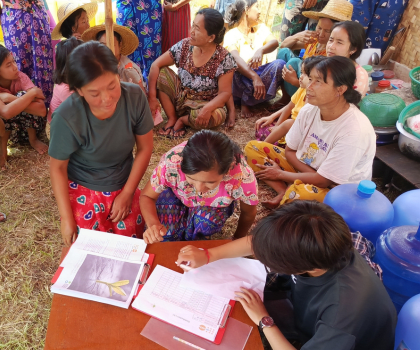 PHOTO: Early outreach by SMDO in rural communities.
PHOTO: Early outreach by SMDO in rural communities.
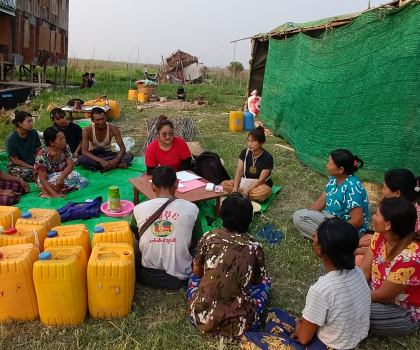 PHOTO: SMDO distributing cooking oil and assessing needs.
PHOTO: SMDO distributing cooking oil and assessing needs.
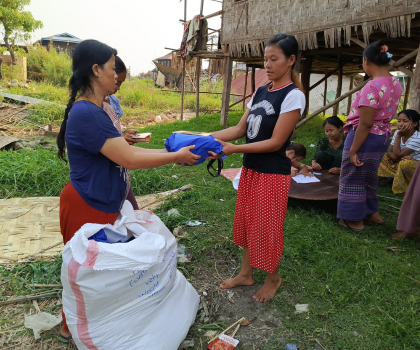 PHOTO: SMDO distributing hygiene kits to women.
PHOTO: SMDO distributing hygiene kits to women.
For LSTSI, the struggle looked different, but it was no less urgent. Their team divided their time between the clinic and the field, traveling to places like KanKaut village—where 400 homes had collapsed and animals roamed loose, dehydrated, and injured. Working under difficult conditions, they have already distributed thousands of kilograms of food, vaccinated hundreds of animals, and treated countless cases of injury, illness, and disease. Meanwhile, urgent repairs are underway at one of their Mandalay clinics, which is still operating despite having no exterior wall and a leaky roof.
The team shows up every day—and they are not alone. Feeder networks, local monks, and community volunteers continue to step in, doing what they can with what they have.
In a country already grappling with political instability, economic hardship, and underfunded health systems, the earthquake didn’t just topple buildings—it fractured the fragile sense of safety many families were clinging to.
Why This Work Matters
What connects a woman sleeping under a tarp and a dog limping through rubble? What links rice sacks and rabies vaccines?
The answer is health—not just for people, not just for animals, but for the ecosystems and relationships they depend on. In the face of overlapping crises, it's important to treat wounds and deliver food, and it's also essential to preserve dignity, protect life, and hold space for recovery to begin. By working together across sectors, VWB, SMDO, and LSTSI are offering that possibility. And they are doing it under some of the most difficult conditions imaginable.
“Myanmar is a country of such need,” wrote Amy Shroff, “and yet people here are so capable of working together to solve the problems they face. They just need the resources to keep going.”
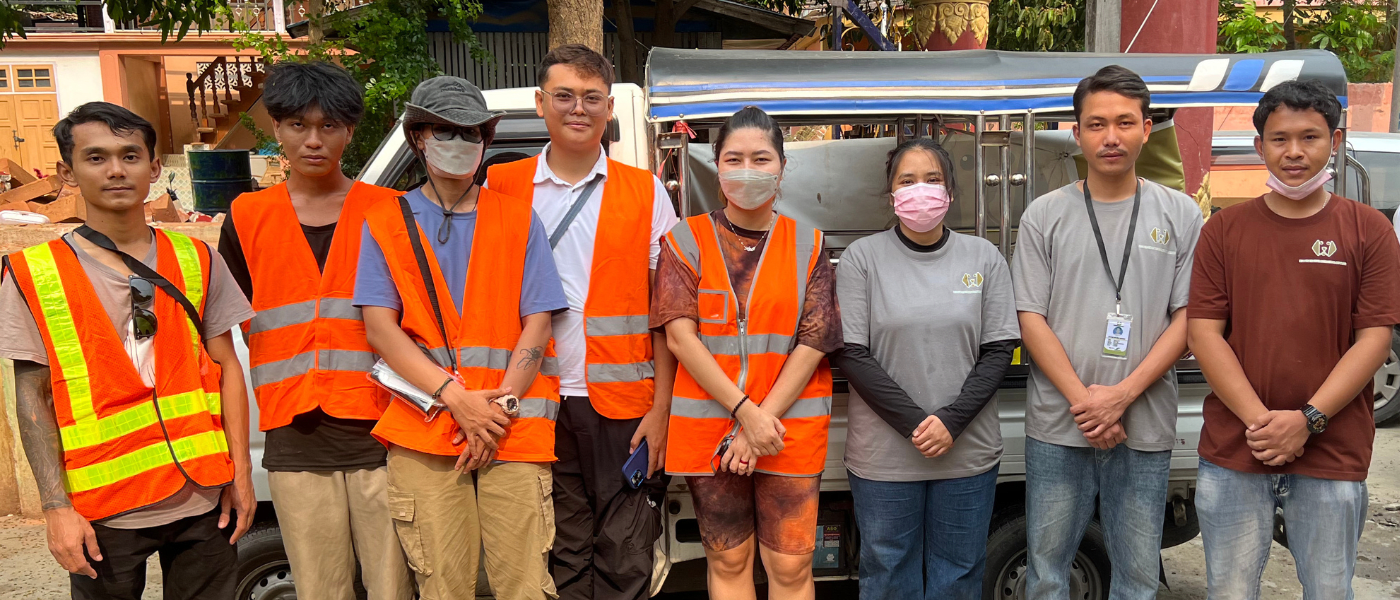 PHOTO: Just days after the earthquake, LSTI's team of dedicated staff in Mandalay were delivering food, veterinary care, and emergency support to animals in crisis.
PHOTO: Just days after the earthquake, LSTI's team of dedicated staff in Mandalay were delivering food, veterinary care, and emergency support to animals in crisis.
Lives in the Balance
The earthquake in Myanmar may no longer make headlines—but for those on the ground, the crisis is far from over. Families are still without shelter, children remain out of school, and animals continue arriving at clinics with heatstroke, injuries, and nowhere else to go.
And still, our partners have not stopped. SMDO and LSTSI continue to show up with determination, care, and deep-rooted connection to the communities they serve. Their work is holding lives together where so much has been lost. The need remains immense, and the response is still underway.
Help us ensure they’re not carrying it alone.
Support our One Health emergency response in Myanmar.
Lives, livestock, and livelihoods are on the line. Your life-saving gift today can help protect animals, people, and the vital link between them.

